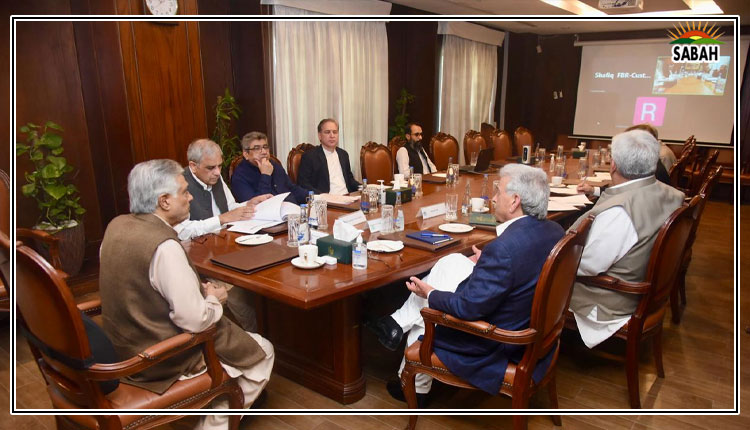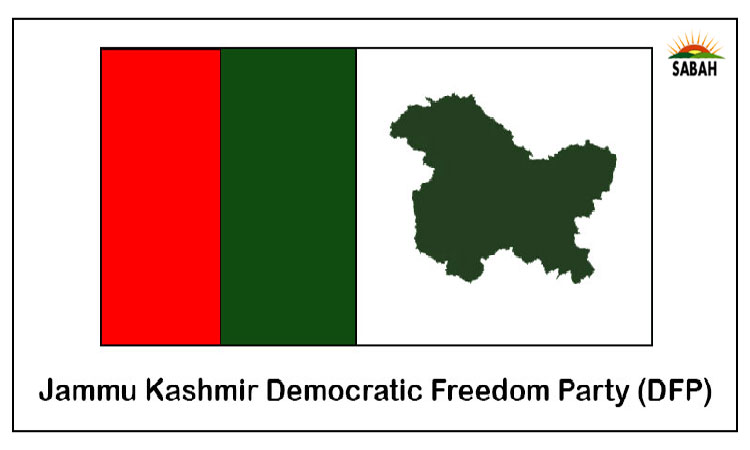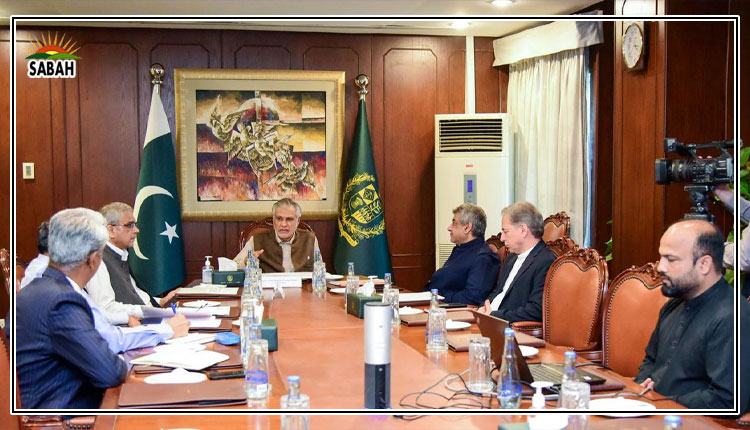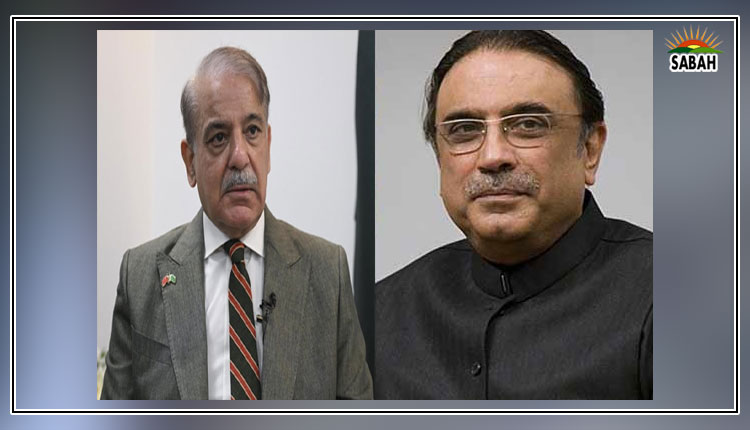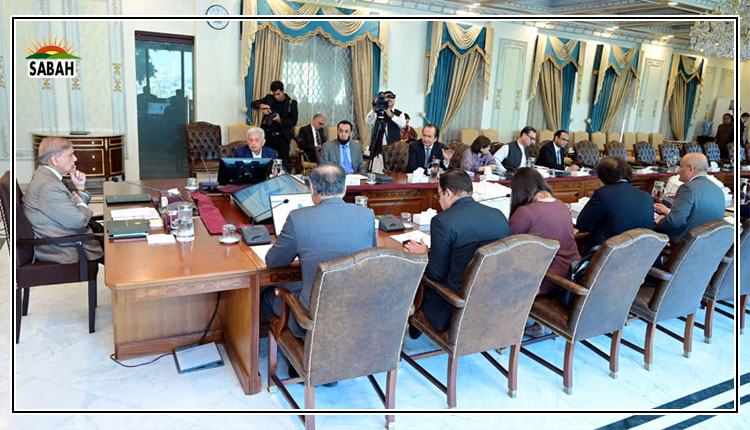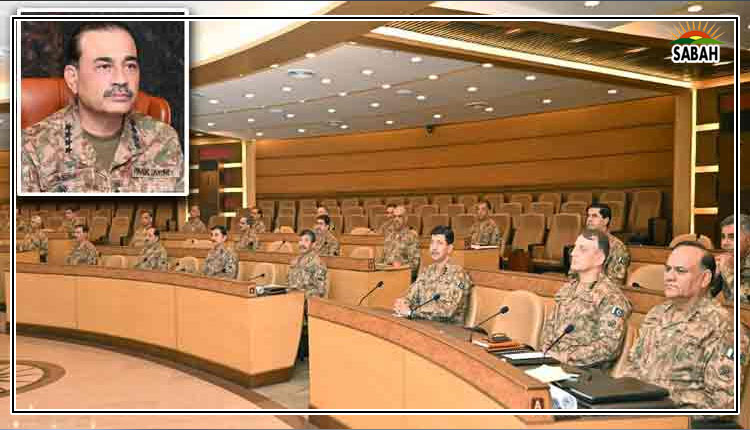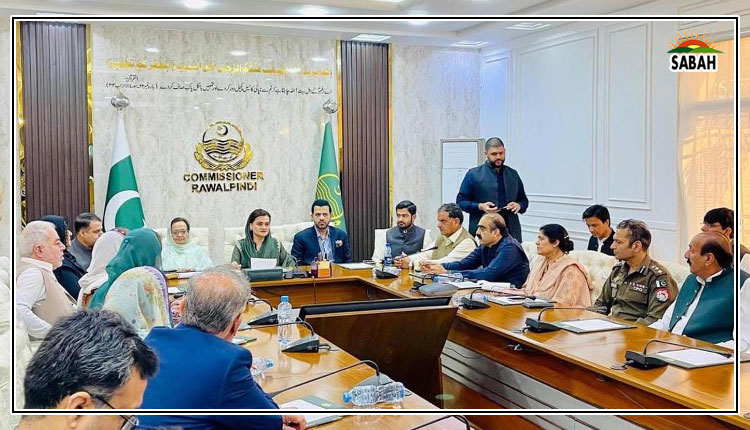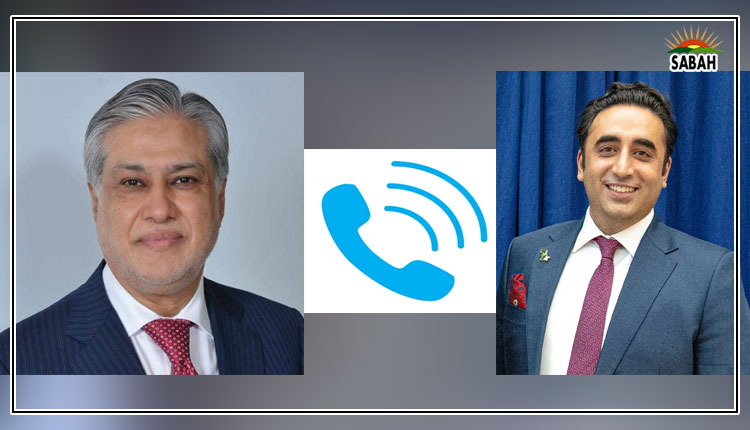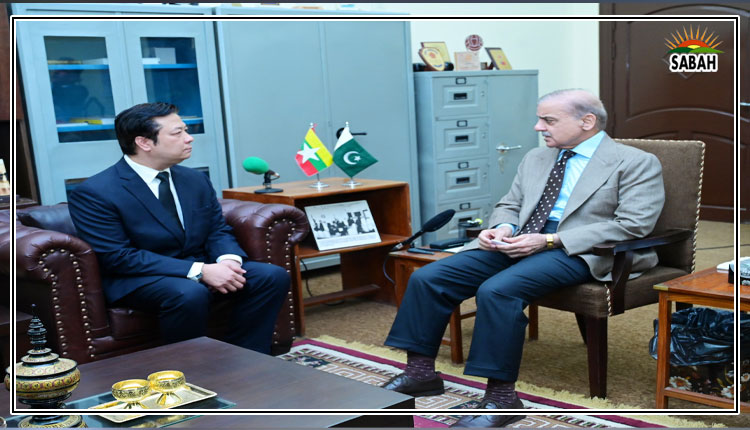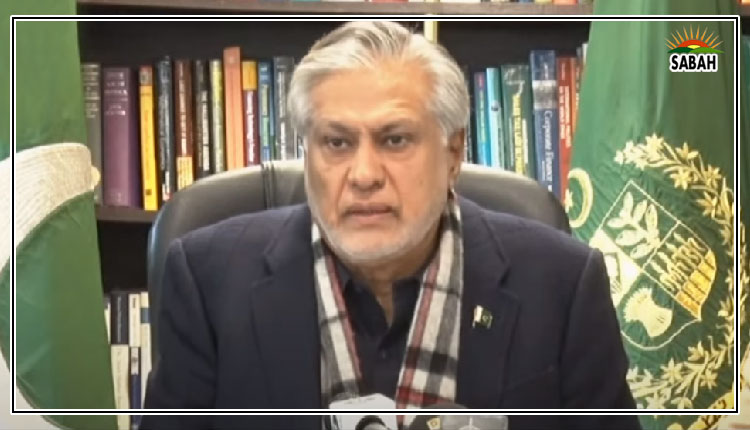Govt will have to impose Rs170 billion in taxes through a mini-budget in order to revive the IMF loan programme: Ishaq Dar
ISLAMABAD, Feb 10 (SABAH): Hours after the International Monetary Fund (IMF) issued a statement on its talks with Pakistan, Minister for Finance and Revenue Senator Mohammad Ishaq Dar said that the parleys with the global lender ended “positively” and the government will have to impose Rs170 billion in taxes through a mini-budget in order to revive the loan programme.
Addressing the media along with Minister of State for Finance Dr. Aysha Ghaus Pasha, the finance minister confirmed that the government had received the draft of the Memorandum of Economic and Financial Policies (MEFP) from the Washington-based lender.
At the start of his media talk, the finance minister reminded that the programme the incumbent government was implementing was the one signed by former prime minister Imran Khan with the IMF in 2019-2020. He reiterated that the Prime Minister Mian Muhammad Shehbaz Sharif-led government is holding talks to reach the agreement as a “sovereign commitment”.
“This is an old agreement which had been suspended and delayed previously,” he noted.
Coming on to Pakistan’s talks with the IMF mission, the finance minister said that the 10-day-long discussions were extensive covering the power, and gas sectors as well as the fiscal and monetary side.
“The SBP governor and officials from different departments and ministries participated in the talks,” said Ishaq Dar.
Sharing broad contours of the understanding reached with the IMF, the finance minister said taxation measures of Rs170 billion will be taken as opposed to the rumours of Rs700-800 billion.
Ishaq Dar said that the Rs170 billion in taxes will have to be recovered within four months in this fiscal year.
Ishaq Dar said reforms in the energy sector will be implemented and the main thrust of it is to check the flow of the circular debt. He said the circular debt in the gas sector will be brought to zero while untargeted subsidies will be minimised.
The finance minister said that some of the reforms suggested by the IMF are in Pakistan’s favour.
Ishaq Dar emphasised that reforms are needed in Pakistan, adding that Prime Minister Shehbaz Sharif has assured the IMF that the government would implement them.
As per the standard procedure, a MEFP and a letter of intent are given. “The government has received the MEFP draft this morning and we will go through it on the weekend. A virtual meeting with the IMF will be held after that on Monday,” he added. “We believe that there are some sectors that need to be reformed in Pakistan’s interest,” he said.
The finance minister said that the economy is bleeding and now it’s ranked at 47. He blamed those who misgoverned and mishandled leading to economic devastation, urging that it needs to be fixed.
Talking about the power sector, Ishaq Dar said that Rs3,000 billion are spent on electricity generation but its recovery is just Rs1,800 billion. “Even though these reforms are painful but we will have to implement them,” he maintained.
He said that the government had decided that Pakistan will complete the IMF’s programme for the second time. “Pakistan will get $1.2 billion after the approval of IMF’s Executive Board.”
He said it has been decided to increase the budget of the Benazir Income Support Program (BISP) by Rs40 billion to Rs400 billion in order to reduce the burden of inflation on the most vulnerable segments of society.
On the depleting forex reserves, the minister assured that they will be boosted. He said that the State Bank of Pakistan (SBP) is managing it, adding that there are some commitments made by friendly countries.
“Pakistan had made big repayments to countries during this time, and once the programme is finalised, we will get the amount back,” said Ishaq Dar.
Ishaq Dar blamed the previous government for the credibility gap, saying that the IMF doesn’t trust Pakistan as not only the country failed to implement the reforms but reversed them at the time of the no-confidence motion.
“This has negatively portrayed Pakistan’s image and this has affected the recent talks as [the IMF] is not sure if we would agree to it,” he added.
He added that the government refused to impose sales tax on petrol and the IMF conceded to it. “It was mutually agreed that there will be no sales tax on petroleum products,” he said. He added that the general sales taxes will be added to the Rs170 billion.
Outlining the policy measures agreed upon between the government and the IMF, Ishaq Dar said taxes amounting to Rs170bn would be imposed. He added, however, that the government would try to ensure that the taxes did not directly burden the common man.
To impose the taxes, the government would introduce a finance bill or ordinance, depending on the situation at the time, he said. Preparations for the bill or ordinance would begin once matters were finalised. If both houses of parliament were in session at the time, then a bill would be presented, otherwise, an ordinance would be promulgated, he said.
“Secondly, we will implement the agreed-upon energy reforms through the federal cabinet,” he said, adding that the primary focus would be on minimising untargeted subsidies and reducing the “flow” in the gas sector to zero so there was no addition to the circular debt.
The minister noted that the government had already fulfilled the commitment to raise the petroleum development levy (PDL) on petrol to Rs50 per litre whereas the PDL on diesel would also be raised to Rs50 in the coming months.
He said the government and IMF had agreed that there would be no sales tax on petroleum products. However, the general sales tax would be “tinkered” with in the upcoming finance bill.
Talking about electricity prices, Dar said the country’s generation cost was around Rs2-3 trillion while only Rs1.8tr was recovered, which resulted in an increase in either the circular debt or fiscal deficit. However, the entire difference in amount would not be recovered by increasing the tariff, he said.
The IMF was working out everything in accordance with a plan, he said. “Our numbers have been agreed upon. The process will obviously be followed and the cabinet, ECC, etc [will be involved].”
In response to a question, he said the finance team was “satisfied” with the negotiations with the IMF related to the power tariff.
Talking about the precarious foreign exchange reserves situation, the minister said commitments with friendly countries would be fulfilled and inflows would be received. “There is nothing to worry about. This country has also survived on $414m in foreign reserves. “The State Bank is managing,” he assured.
“The negotiations were hard but we agreed only to what was doable,” he said.
Meanwhile the concluding statement issued by IMF Mission Chief Nathan Porter stated, “The IMF team welcomes the prime minister’s commitment to implement policies needed to safeguard macroeconomic stability and thanks the authorities for the constructive discussions.”
“Considerable progress was made during the mission on policy measures to address domestic and external imbalances,” the statement said.
The statement underlined key priorities that include strengthening the fiscal position with permanent revenue measures and reduction in untargeted subsidies, while scaling up social protection to help the most vulnerable and those affected by the floods; allowing the exchange rate to be market determined to gradually eliminate the foreign exchange shortage; and enhancing energy provision by preventing further accumulation of circular debt and ensuring the viability of the energy sector.
“The timely and decisive implementation of these policies along with resolute financial support from official partners are critical for Pakistan to successfully regain macroeconomic stability and advance its sustainable development,” the statement added.
It further said that virtual discussions would be held in the coming days to finalise the implementation of these policies.



